IOR research paves the way for future clinical studies in lymphoma patients
Institutional Communication Service
At the Institute of Oncology Research (IOR, affiliated to USI), the group headed by Prof. Francesco Bertoni has discovered two molecules, so far known in the field of treatments against Ewing's sarcoma, which have strong antilymphoma activity, thus proposing clinical studies on patients. The study has been published in the scientific journal Clinical Cancer Research.
Lymphomas are tumors that originate from blood cells, and they are among the ten most common cancers in adults and the third most frequent neoplasia in children and adolescents. Despite the great advancements made in their treatment, statistics show that in Europe around 5 people per 100.000 still succumb to lymphoma every year (48.096 in 2018).
The discovery of Dr. Bertoni, who is also adjunct professor at the USI Faculty of Biomedical Sciences, focuses on transcription factors (proteins that determine which genes are expressed by individual cells, including cancer cells) that have long been considered almost impossible targets to hit pharmacologically. ETS factors are among the most frequently deregulated transcription factors in tumours.
After having demonstrated a few years ago that these proteins are important also for lymphomas, the research group at IO led by Prof. Francesco Bertoni, with in particular Filippo Spriano and Elaine Chung, have started a collaboration with the group led by Prof. Toretsky in Washington DC (USA) to bring some small molecules, initially developed for Ewing sarcoma, to lymphoma. YK-4-279 and its clinical derivative TK-216 have shown strong anti-lymphoma activity. Spriano and Chung demonstrated that YK-4-279 and its clinical derivative TK-216 have shown strong anti-lymphoma activity and the latter appears linked with the block of the interaction of some ETS factors (at least SPIB and SPI1) with other proteins.
TK-216 is now in its early clinical evaluation for patients with relapsed/refractory Ewing Sarcoma. The results of the study performed in Bellinzona suggest the design of a clinical study for patients with lymphoma as well, and also to the now on-going evaluation of these compounds in other tumor types.
The full scientific article is available at:
http://clincancerres.aacrjournals.org/cgi/pmidlookup?view=long&pmid=31182435




